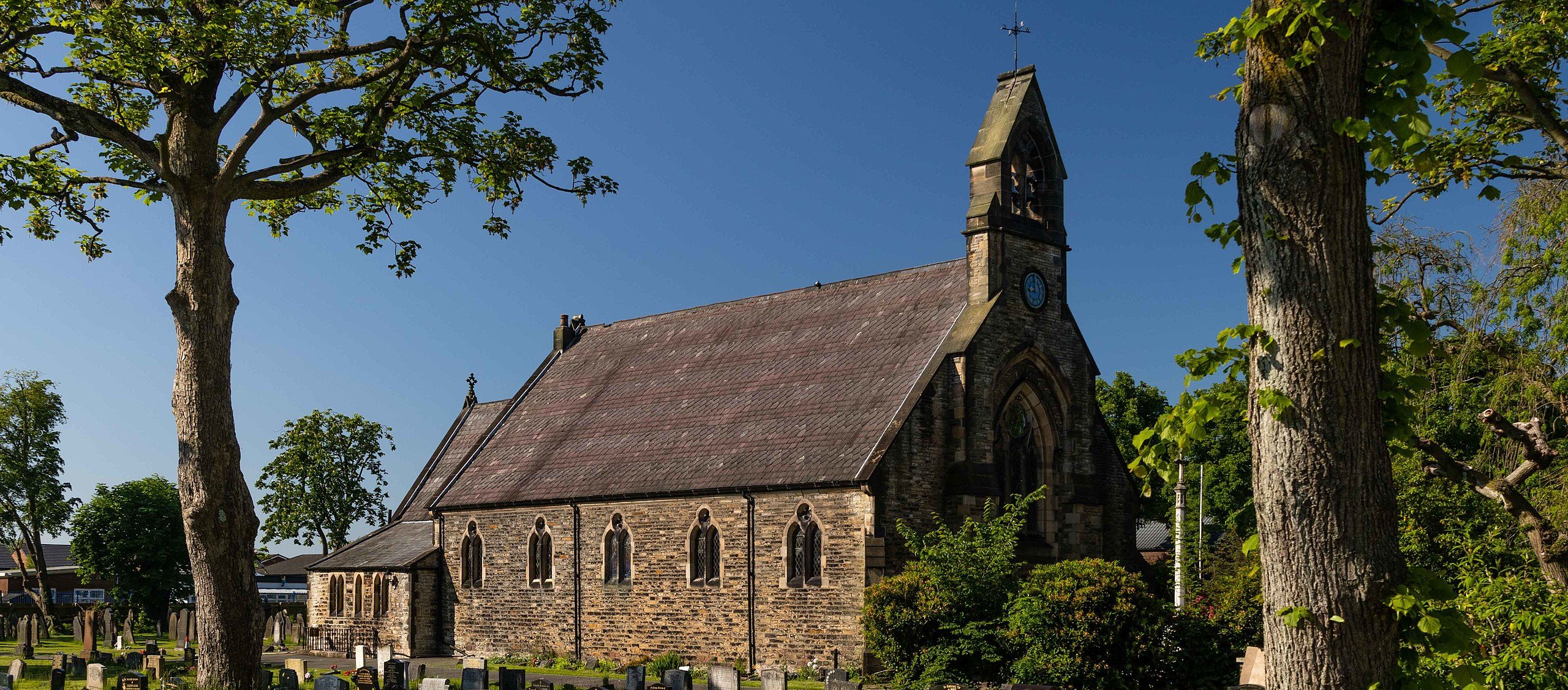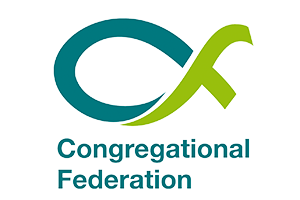“My church” can be an amazing place. “That church” over there, that’s so busy doing all sorts of things, that can look even more amazing (though maybe the grass is greener and all that). Worshipping together, praying together, being with friends again as churches open up, responding to needs in our local communities, breaking bread together (both sacramentally and over lunch or afternoon tea) – these are things the Spirit gifts that give us life and energy. When several denominations were encouraged to look at the seven “holy habits” of a missional local church this was a model from Acts (2:37-47), and we could consider what we were doing (or could be doing) to be the church God wants us to be in our locality.
To have holy habits as a local church is a good goal, of courses. But it’s also true that churches can be challenging places. Perhaps fewer people are worshipping on Sundays, or they’re tired and “vacancies” aren’t filled. Maybe your local church has few or no children or young people. Sadly, there are “churches” where painful things happen. If you have never watched the film (or read the book) Spotlight or the French-language (with subtitles) film By the Grace of God these can help remind us, if we still needed that, why safeguarding is so vitally important.
What a spectrum! From the life-giving to the extremely painful. Do you ever despair that we’ll never be the early church again? Maybe the exponential growth of those early years of Christ-following isn’t the experience of the Western Church now, but I wanted us to remember that even the early church were imperfect human beings. I think it’s too tempting to transfer the theology of Acts and the letters into today’s church and to forget that behind those letters were real communities having real problems.
1 Corinthians is a case in point: here is a church riven with disputes and too much else. Chapter 13 is often read out of context (eg at weddings) without remembering it’s not a stand-alone chapter about love, but the culmination of Paul’s critique of relationships in the church. This local church has displayed unkindness, impatience, boasting about spiritual gifts, arrogance, and tolerated wrong doings in the community: what chapter 13 says is NO, this is what it should be like …
The New Testament does not idealise either the individual disciples or the churches. Even the fast-growing church pictured in Acts 2 quickly hits problems: sharing out the responsibilities for pastoral care and preaching and teaching, for example. But I think it’s helpful that there isn’t an idealisation in Scripture, because being faced with a vision of unattainable perfection can drain us of hope, might make us dissatisfied with our local-church or even our denomination.
It has ever been thus.
The Body of Christ is a wonderful place to be and to belong, and it is a place of human beings who are being human! We are held together and nourished in Christ, but we don’t stop being human. We belong to the church, and we get things wrong; and local churches get things wrong; and even whole denominations get things wrong. That does not mean we aren’t being church – it means we are being human, just as the church always has been.
That doesn’t mean we shouldn’t aspire to be better, of course we should. But it does mean we need not despair that we don’t match up to some template of perfection.
Maybe come and explore the Church in the Community with us at our Annual Lay Preachers’ and Worship Leaders’ Conference.









